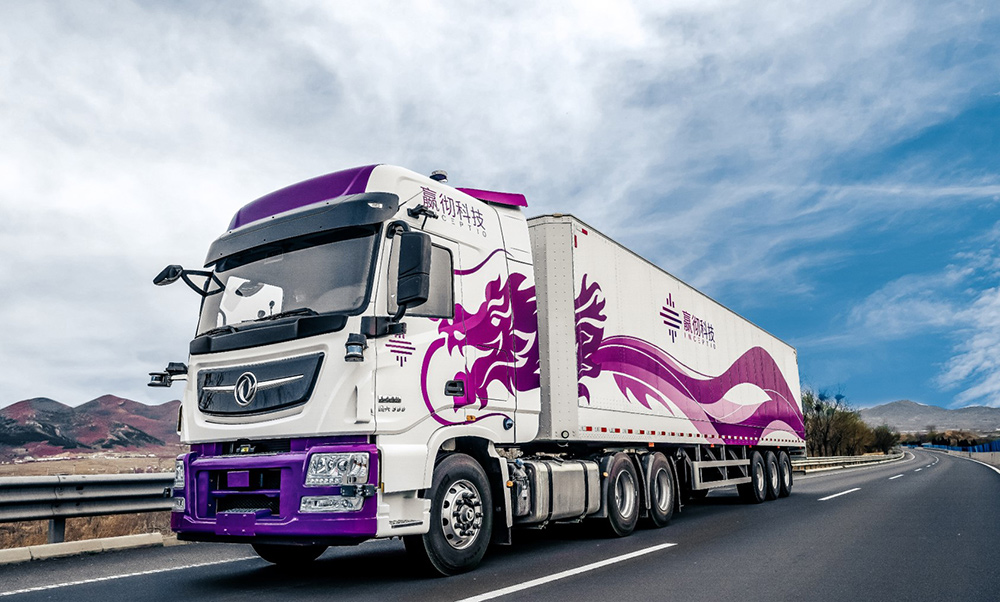In a move to bolster the shift towards electric vehicles (EVs) and safeguard jobs in the automotive industry, the Biden administration has announced a substantial $12 billion package comprising grants and loans for automobile manufacturers and suppliers. The funds are intended to facilitate the transformation of existing plants into centers for producing electric and advanced vehicles, according to statements made by Energy Secretary Jennifer Granholm on Thursday.
“While we transition to EVs, we want to ensure that workers can transition in place, that there is no worker, no community left behind,” Granholm, a former governor of Michigan, a state with a significant car manufacturing presence, emphasized during a press briefing.
See also: US awards $2.8 billion in grants to boost electric vehicle battery manufacturing
The expedited distribution of grants and subsidies to enable the conversion of conventional auto plants into facilities for manufacturing EVs could serve as a strategic response to concerns raised by automakers and the United Auto Workers (UAW) union regarding proposed environmental regulations designed to usher in the EV era.
The UAW has expressed apprehensions that the rapid pace of change might jeopardize thousands of jobs in states like Michigan, Ohio, Illinois, and Indiana, where the automotive industry is deeply rooted.
“This policy makes clear to employers that the EV transition must include strong union partnerships with the high pay and safety standards that generations of UAW members have fought for and won,” UAW President Shawn Fain commented, welcoming the administration’s announcement.
Fain has also been resolute in his efforts to save a Jeep factory in Belvidere, Illinois, which is currently facing the possibility of closure by Stellantis. The automaker has left room for the potential survival of the factory through government assistance.
See also: Biden Will Replace 600,000 Government Vehicles Into Electric Cars
“Plants that had been built up around communities are prime for taking advantage of these funding opportunities,” Granholm remarked when asked about the potential impact of the announced grants on the future of the Belvidere factory.
Although the funding allocation does not specify labor requirements for eligible companies, an official from the Energy Department clarified that projects demonstrating favorable labor conditions would have an enhanced likelihood of securing the funding.
In addition to the funds for plant retrofits, the administration also unveiled a separate $3.5 billion fund earmarked for domestic battery manufacturers.
“This policy makes clear to employers that the EV transition must include strong union partnerships with the high pay and safety standards that generations of UAW members have fought for and won,” UAW President Shawn Fain commented, welcoming the administration’s announcement.
See also: Biden-Harris Launch $2.5B Program to Expand EV Charging and Alternative Fuel Infrastructure
Notably, the initiative will draw upon $2 billion in grants from the Inflation Reduction Act, a legislation passed by Democrats last year, while an additional $10 billion in loans will be sourced from the Energy Department’s Loans Program Office. These measures reflect the administration’s concerted effort to navigate the automotive industry’s transformation towards a greener and technologically advanced future.







